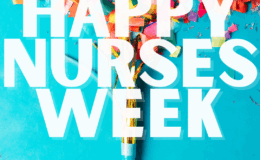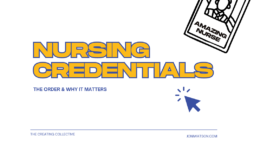Artist and designer Dan Chen is questioning “robotic intimacy technology” at one of the most vulnerable moments within the lifespan – the end of life. Chen’s “Last Moment Robot” is a functional machine, and is currently strictly art designed to cause discussions, probe beliefs and thoughts, and raise questions. Chen and his art installation are doing just that. An article published June 8, 2012, has quite the comment discussion.
The Last Moment Robot is designed to remain beside a dying patient, its padded “arm” rubbing the patient’s arm, and quoting soothing words of support.
httpv://www.youtube.com/watch?v=T8PNzA2S6EY
Again, this is an art installation to create discussion. I doubt this will break into the healthcare market any time soon. I appreciate Chen’s efforts to probe the topic of machine intimacy at the end of life. As an oncology nurse, I have had the honor to be present during many deaths. Based on my experiences, I offer Chen some revisions for a more intimate experience. First, the robotic movements appear too dramatic, and I think they may cause more distress than calming to a dying person. I am sure Chen could adjust the movements to be smaller. A silicone, prosthetic hand would likely be more comforting, as well. And even though the Last Moment Robot provides “soothing” phrases, they are too frequent and still too robotic vocally, which is not soothing.
As a nurse, I view end of life as a reverent time. If the Last Moment Robot was real, I would never leave it with a patient. There is value in human touch, especially at the end of life. Often it is the presence – the simply being there – that creates the deeply intimate, spiritual moments as people die. Because we, as a culture, do not typically form “intimate” relationships with machines, I am not sure a dying person will ever feel fully comforted by a robot presence at the end of life. Patients should have their friends and family members around them as they die, and when that is not feasible, a nurse or other member of the healthcare team should ensure no patient dies alone. Ever.





